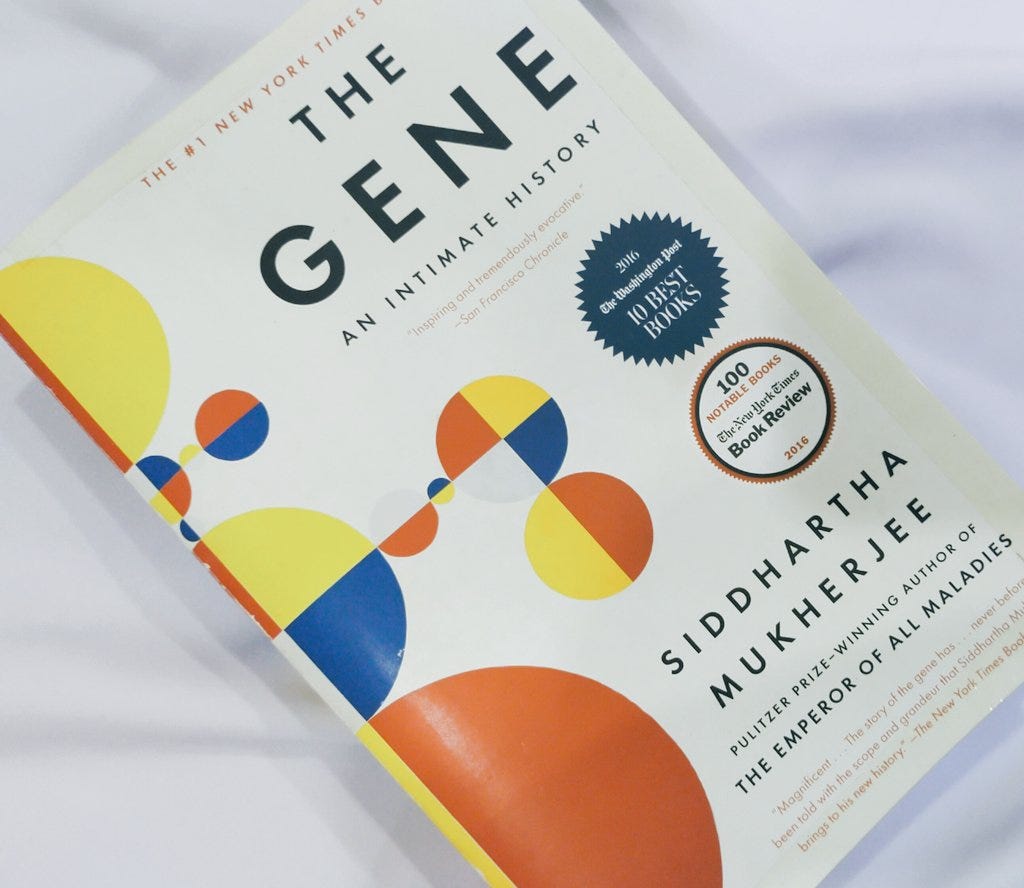Why do some people have mental illness? Why does life choose an innocent person with no choice in his birth to have sickle cell anemia? Why? This is so unfair. A child is born to parents who love him, care for him, and provide for him, but at a certain age, he exhibits mental issues that are unexplainable.
We had a neighbor who was gifted academically. John always ranked top in class. One day, he began to show unexplainable symptoms. He was taken to the hospital, and that began John’s relationship with hospitals that would last for the rest of his life. His was a violent battle with life. Mental institutions could not keep him, and home was not enough either. Some days, he would be found in another street, returned home, and the episodes would repeat. Once, he was picked from another state, miles away from home. He was the laughingstock of the community, a shame to his family, and an object of ridicule to the community. When Gabriel died, well-wishers gossiped that his parents had rested. Nearly everyone agreed.
But why do these happen to some people? Why do people go mad? How does a person who has acted normal for years suddenly exhibit characters that cannot be considered proper?
In this book, Mukherjee Siddhartha answers the “How”. It is all “Gene”. He answers the how and the when but does not have an answer to the why. That question is for God, and I intend to ask Him someday.
At the most basic biological level, you are just a gene. A continuation of all those who have come before you and the start of something you will communicate to generations to come.
Gene is a verdict of who you are. It determines your sex, your height, the disease you are susceptible to, and so much more. In a way, the gene is God’s stamp on your uniqueness. It is destiny. Understanding it is understanding destiny. Indeed, understanding genes has led to scientists' ability to reduce some diseases to an unbelievable level.
The Nazis also tried to invoke it to control humanity. It didn’t begin with them; the madness that swept Europe in the 20th Century was a madness that began with Charles Darwin's theories. It reached its climax in the Nazi regime. Simply put, the Nazis wanted to use the gene to separate the weak humans from the strong ones and ensure only the strong survive. It was a continuation of Charles Darwin's iron law of nature, just that the Nazis weren't waiting for nature to do this job; they wanted to do it themselves. The result was a catastrophe that the world is still grappling with. Scientific progress is at the heart of the great evils in the 20th Century. It reminds me of Einstein's words, “science without religion is lame, religion without science is blind”.
The Gene is a well-written book that chronicles the biography of the discovery of the gene and its implications for the human race. I picked this book because I love science; I love understanding things. It did more than that. It was a fascinating read that made complex scientific things easy for the common reader. This is an excellent entrance if you want to enter the world of science, specifically biology.
Siddhartha begins the book with Gregor Mendel and his work. As you read, you encounter the lives of folks like Mendel, Darwin, Francis Crick, James Watson, and all the others who contributed to our understanding of the gene. The art and science of discovery is a boring process that requires patience and a mind willing to learn. Perhaps we need to appreciate scientists more. The things we take for granted are the results of years of research.
Understanding the genes comes with a lot of power, the power to change what it means to be human. What are we going to do with it? That’s the question we have to answer.
Mukherjee Siddhartha writes in flowery prose; you enjoy his words like they are honey. Some men's use of language makes you wonder if you understand the same English.
I am going to read all of Mukherjee’s remaining works.




